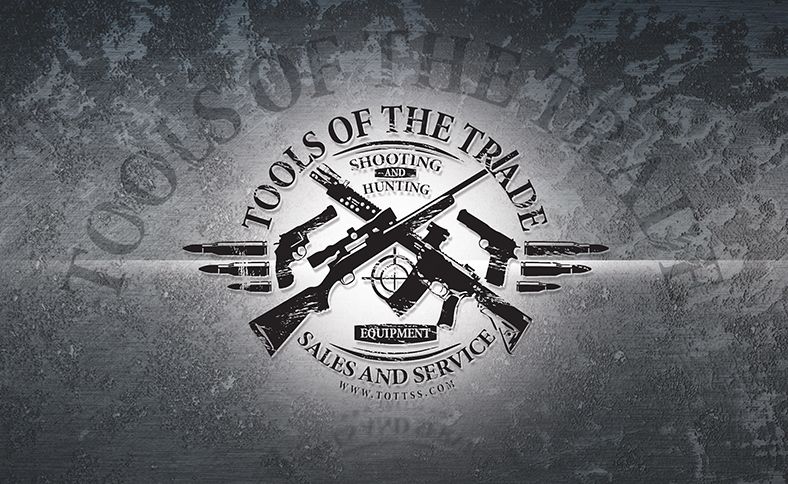By Alan Gottlieb and Dave Workman
They opposed a landmark court ruling that struck down the handgun ban in District of Columbia, a city with a predominantly black population.
They later opposed legislation that would grant the District full voting rights in Congress, because the measure contained a provision expanding gun rights for those same citizens.
They filed a court brief opposing a lawsuit filed against the City of Chicago’s handgun ban by Otis McDonald, an African-American whose life story would make inspiring material for a movie.
“They” are the leaders of the Brady Campaign to Prevent Gun Violence and one is left to wonder how this bunch would have reacted to the plight of Robert Hicks, a black man who rose to civil rights prominence in the mid-1960s. The 81-year-old Mr. Hicks passed away April 13, and is remembered for being, among other things, the last known surviving member of the Deacons for Defense and Justice.
Hicks was a worker in a paper mill, and his home in Bogalusa, LA was targeted by racist thugs for a bombing because he had the audacity to house two white civil rights workers. On Feb. 1, 1965, Hicks was warned that the Ku Klux Klan was coming, and the local police essentially stood aside, claiming there was nothing they could do, according to an account in the New York Times.
So Mr. Hicks and his wife sent their children to the homes of friends and neighbors, and did something that would no doubt cause the Brady Camp to erupt in shrieks. They called other friends for protection and, the Times noted, “Soon, armed black men materialized. Nothing happened.”
Mr. Hicks was to become a leader in the Deacons group, which was organized in Jonesboro, LA in 1964 and lasted for about four years. The traditionally anti-gun New York Times described the Deacons as a “secretive paramilitary organization of blacks.” They might just as accurately have been described as a “black militia.” The Brady Campaign has argued that the right to keep and bear arms applied only to the organized militia, but we have yet to see a Brady endorsement for the Deacons. Hicks also rose to be a leader in the local N.A.A.C.P. and also was once the head of the Bogalusa Civic and Voters League.
The Brady Campaign and their soul mates at the Violence Policy Center have consistently avoided discussing the racist underpinnings of gun control because they know it is a political minefield. Historian Clayton Cramer noted in his essay on the racist roots of gun control that, “The historical record provides compelling evidence that racism underlies gun control laws — and not in any subtle way. Throughout much of American history, governments openly stated that gun control laws were useful for keeping blacks and Hispanics “in their place” and for quieting the racial fears of whites.”
How much longer can the Brady Bunch and its allies conceal the ugly true nature of gun control laws? These laws were the cornerstone of the Black Codes in the Reconstruction South, designed to keep free blacks defenseless against the night riders who would eventually become the Klan.
Failure to address the racist roots of gun control makes every other argument professed by the Brady Campaign to be little more than a subterfuge. Municipal gun bans disproportionately affect inner city minorities, yet nobody in the gun prohibition movement dares to broach the subject, because once the lid is off of that Pandora’s Box, it is not going to close again, and anti-gunners know it.
Alan Gottlieb is founder of the Second Amendment Foundation. Dave Workman is senior editor of Gun Week. They are co-authors of Assault on Weapons: The Campaign to Eliminate Your Guns.

